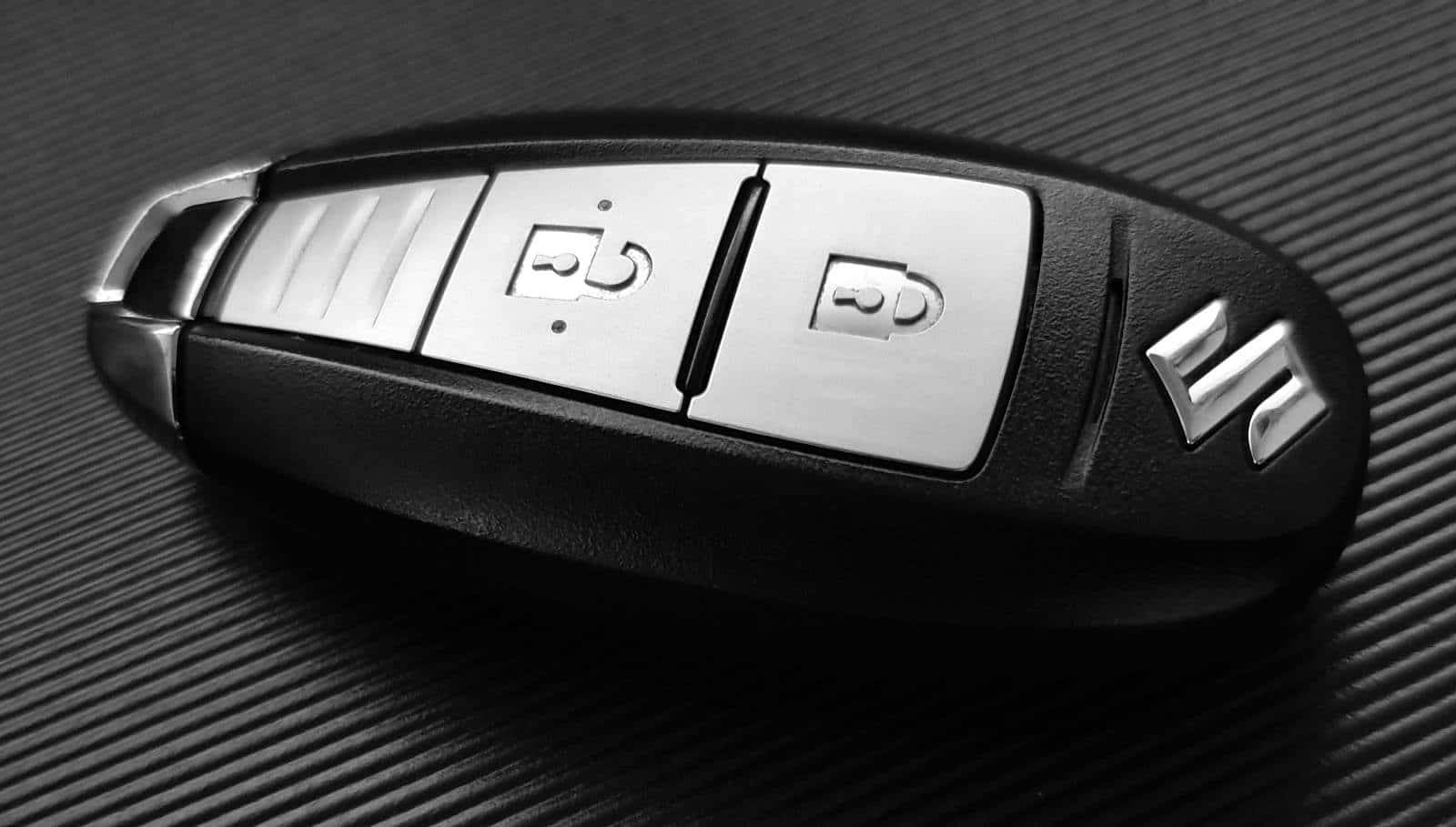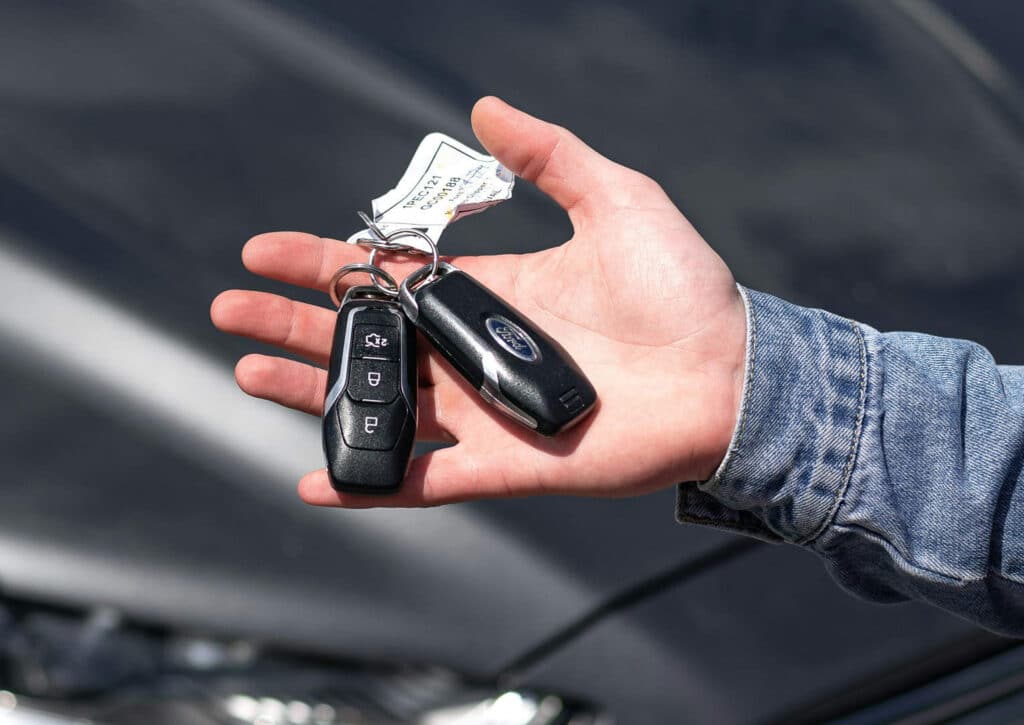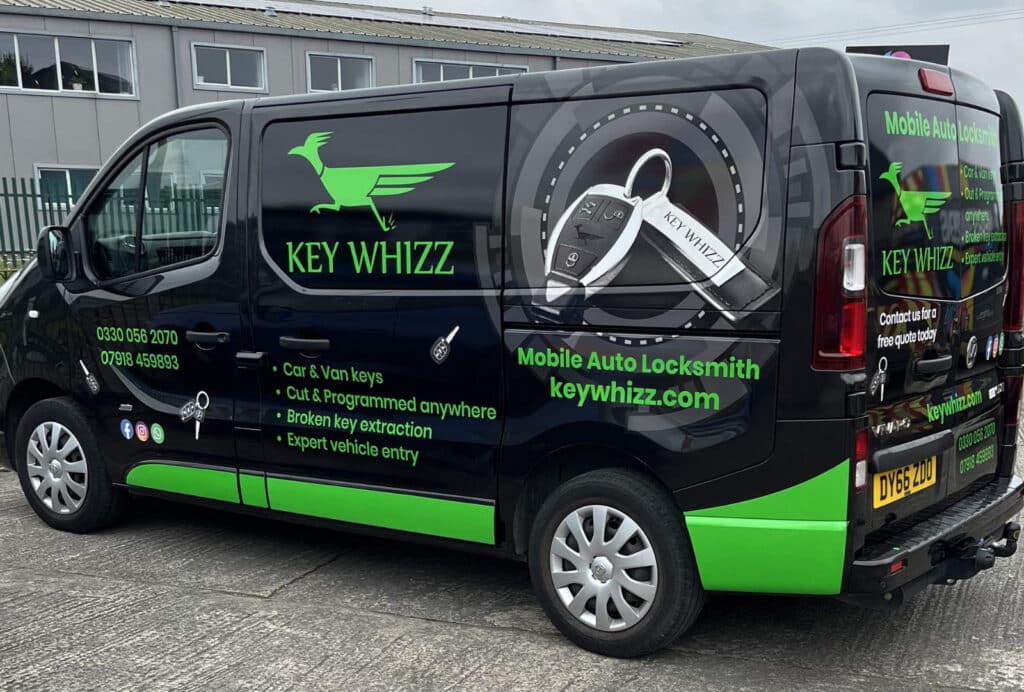
Spare Car and Van Keys

Car key replacement is a critical service provided by auto locksmiths that caters to a variety of needs, ranging from lost or stolen keys to the desire for an additional set for convenience or security. As automotive technology evolves, the complexity of car keys has increased, making their replacement a specialised service that requires professional expertise and equipment.
Keys come in several types, each with its own technology and methods of replacement:
Traditional Car Keys: These are the basic metal keys used in older vehicles. They don’t contain electronic chips and are the simplest and cheapest to duplicate.
Transponder Keys: Replacing a transponder key involves not only cutting the key to fit the lock but also programming it to synchronise with the vehicle’s immobiliser system.
Key Fobs and Remote Keys: These keys can lock and unlock the car doors remotely and, in more advanced systems, start the car with a push button. Replacing a fob typically involves programming a new device to match the vehicle’s specific frequencies and commands.
Smart Keys: Used in keyless entry systems, smart keys allow drivers to keep the key fob in their pocket while unlocking and starting the car. Replacement and programming of smart keys are more complex and generally more expensive due to the advanced technology and security features involved.

Reasons for Car Key Replacement
- Loss or Theft: Losing a key or having it stolen can be stressful and poses a security risk. Replacing the lost or stolen key and reprogramming the vehicle’s locks and ignition system can help prevent unauthorised access.
- Damage: Keys can wear out, bend, or break. Car key replacement ensures that you have a functioning key that can operate your vehicle without causing damage to the locks or ignition.
- Spares: Having a spare key is a precautionary measure that can save you from lockouts and the need for emergency services, especially if the original key is lost or damaged.
The Replacement Process
- Key Cutting: For traditional and transponder keys, this involves physically cutting the key to match the vehicle’s locks. For newer models and key types, this may not be necessary.
- Programming: Most modern keys require some form of programming. This can include syncing with the vehicle’s central locking system, immobiliser, or ignition. Locksmiths use specialised software and tools to program keys and fobs.
- Testing: After the key is cut and programmed, it must be tested to ensure it works correctly with all intended locks and the ignition.

